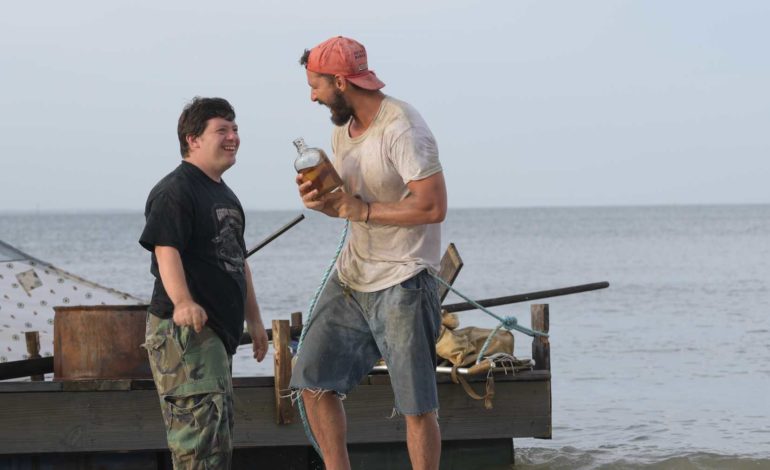

Over thirty years ago, when the Americans with Disabilities Act was signed in July of 1990, the month became a time of celebration of pride for the community. Since 2004, the month of July saw parades and celebrations in many major cities including New York, Chicago, and LA. While the ADA made history by ensuring that discrimination against people with disabilities in the United States is illegal, as well as providing various resources to help people thrive, there are still many barriers that people with disabilities are confronted with on a daily basis. Thus, it is important for festivals like Disability Pride Month to exist to give more visibility to this community and unapologetically normalize disability.
This Disability Pride Month, I have gathered a short list of the ten best movies that address disabilities and disability culture. On this list there are mainstream films, art house films, foreign language films, films with diverse casts, and films with heartfelt representation; an attempt to find something for everyone.
10. What’s Eating Glibert Grape 1993
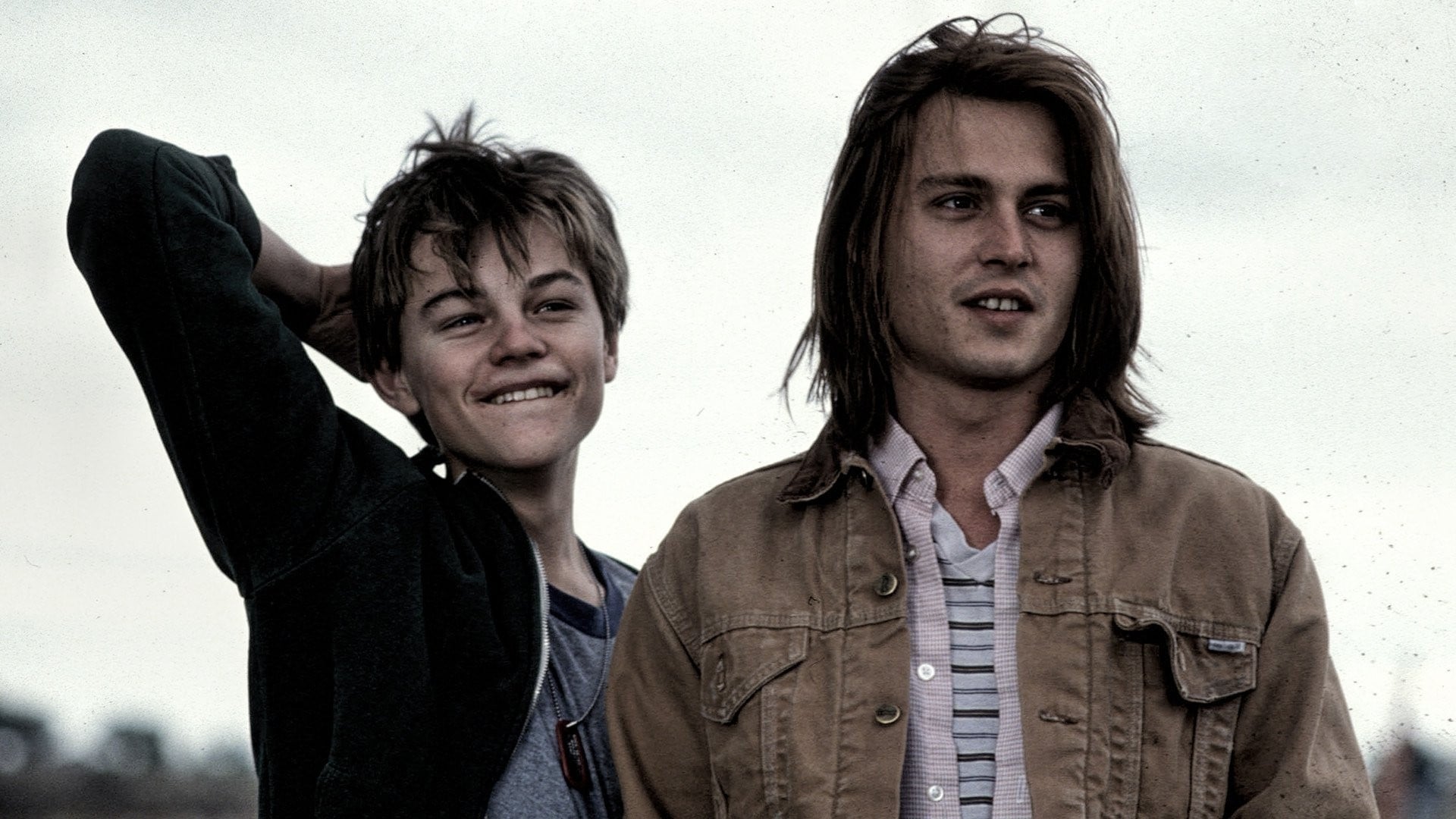

What’s Eating Gilbert Grape is an American coming of age film featuring twenty-one-year-old Gilbert Grape (Johnny Depp) who is the sole caretaker of his intellectually disabled brother, Arnie (Leonardo DiCaprio), and morbidly obese mother (Darlene Cates). He works a job to make ends meet at the local Lamson’s Grocery, which is in danger of being shut down with the introduction of the new FoodLand. The family lives in a small fictional town called Endora, Iowa which, yearly, plays host to tourists coming in for the Airstreamers Club. While Gilbert feels devoted to his family, he also occasionally resents how he is tied down by them, particularly when a young woman, Becky (Juliette Lewis), gets stranded with her mother in Endora and a romance buds between Becky and Gilbert. Caught in the crossfire between loyalty to his family and his own personal desires, Gilbert struggles to do the right thing.
As one of Leonardo DiCaprio’s first major roles and featuring the early days of Johnny Depp’s career, by today’s standards, What’s Eating Gilbert Grape has quite the star studded cast. Both actors were praised for their performances and the underlying message of creating your own destiny rather than staying stuck in the past still resonates years after this film hit theaters.
9. Temple Grandin 2010
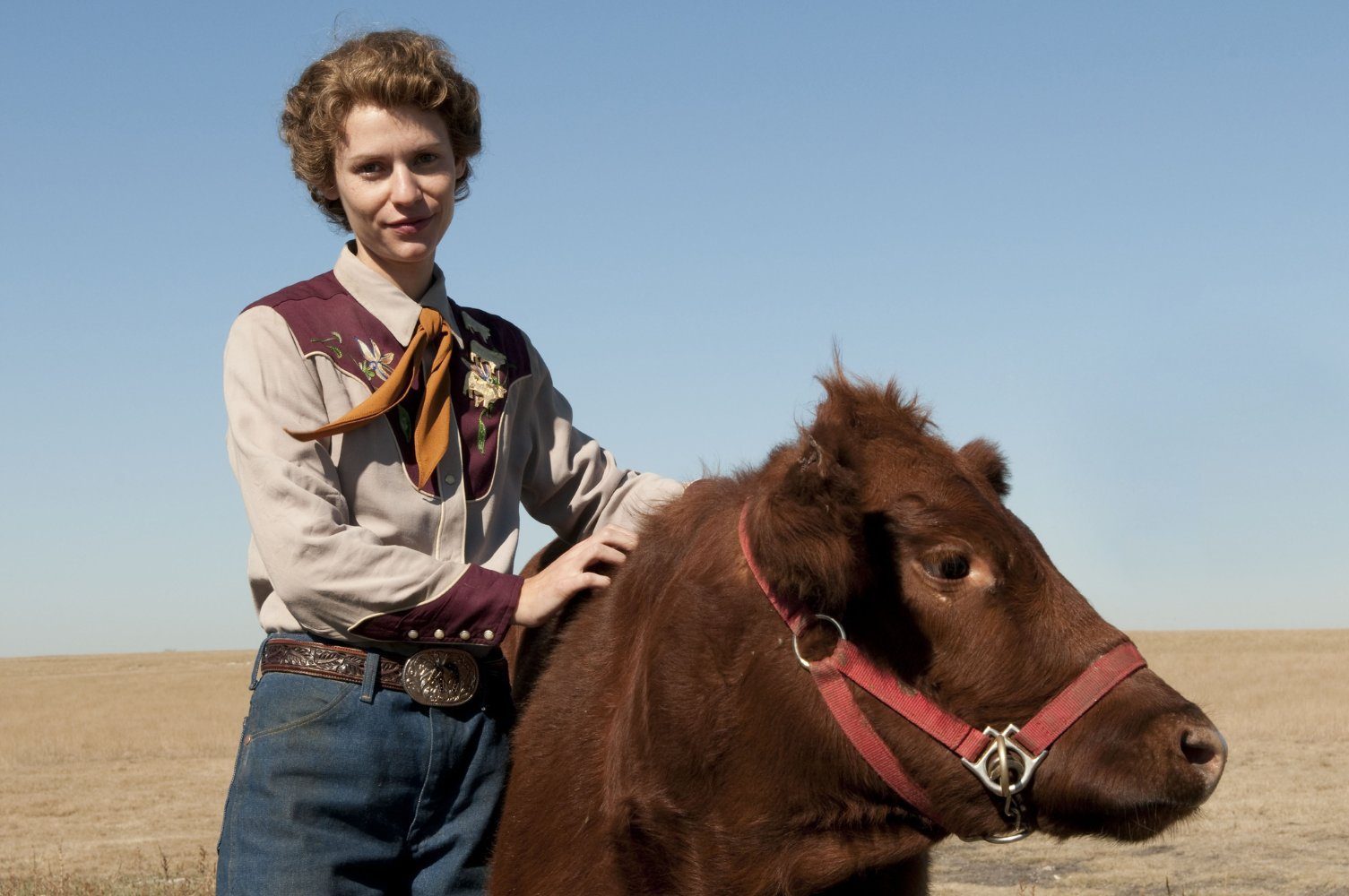

Temple Grandin is based on the life of academic, animal scientist and autism spokesperson, Mary Temple Grandin, who revolutionized humane treatments for cows on dairy farms and in slaughterhouses. Growing up, Grandin (Claire Danes) went to her aunt and uncle’s ranch to work. This is where she first began observing cattle behavior, particularly the use of the squeeze shoot to calm them down. With a photographic memory, she becomes fascinated by the mechanics and once she enters Franklin Pierce College, Grandin begins to work on a similar contraption to calm herself during anxiety attacks. As a master’s student in animal science, Grandin starts to develop a new dip system based on cow behavior. Her academic and professional journeys are anything but smooth as she navigates ability and sex-based discrimination, but her contributions to animal science are still implemented and celebrated today.
While Temple Grandin was originally created as a television film, it was still critically and commercially successful. With Temple Grandin herself having a hand in writing the film, alongside Claire Danes’ stellar performance, this film created a narrative that showcases personal greatness and the ability to thrive.
8. Born on the Fourth of July 1989
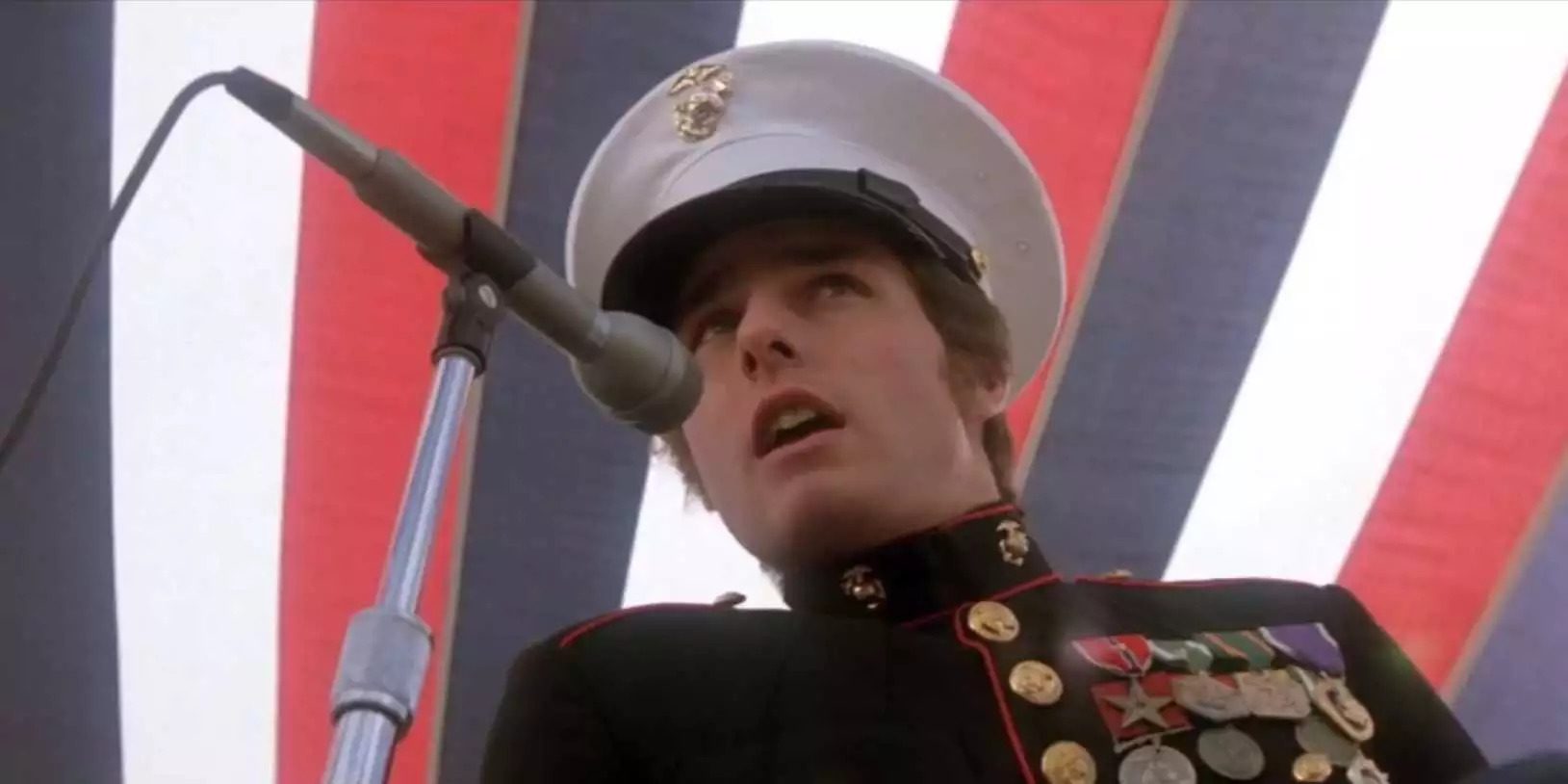

Based on the autobiography of anti-war activist, Ron Kovic, Born on the Fourth of July tells the story of young Kovic (Tom Cruise) after he enlisted in the United States marine corps during the Vietnam War. During his second tour of duty in 1968, Kovic was critically injured during a firefight but rescued by one of his fellow Marines. He was sent to a military hospital to recover and was discharged the next year, permanently paralyzed from the mid-chest down and requiring the use of a wheelchair. After returning home, Kovic struggles to return to his old life, but finds a new purpose and community in the Vietnam Veterans Against the War Association in 1972. With this group, he takes part in protests against the war, notably at the Republican National Convention where he and other Veterans openly showed discontent for the war and disappointment in the lack of services they are offered after returning home.
Born on the Fourth of July spans a time of almost twenty years and features a protagonist who was not born with a disability. Kovic struggles to adjust to a life that he has no real way of going back to, but highlights the importance of community and purpose, particularly through civil disobedience.
7. Rain Man 1988
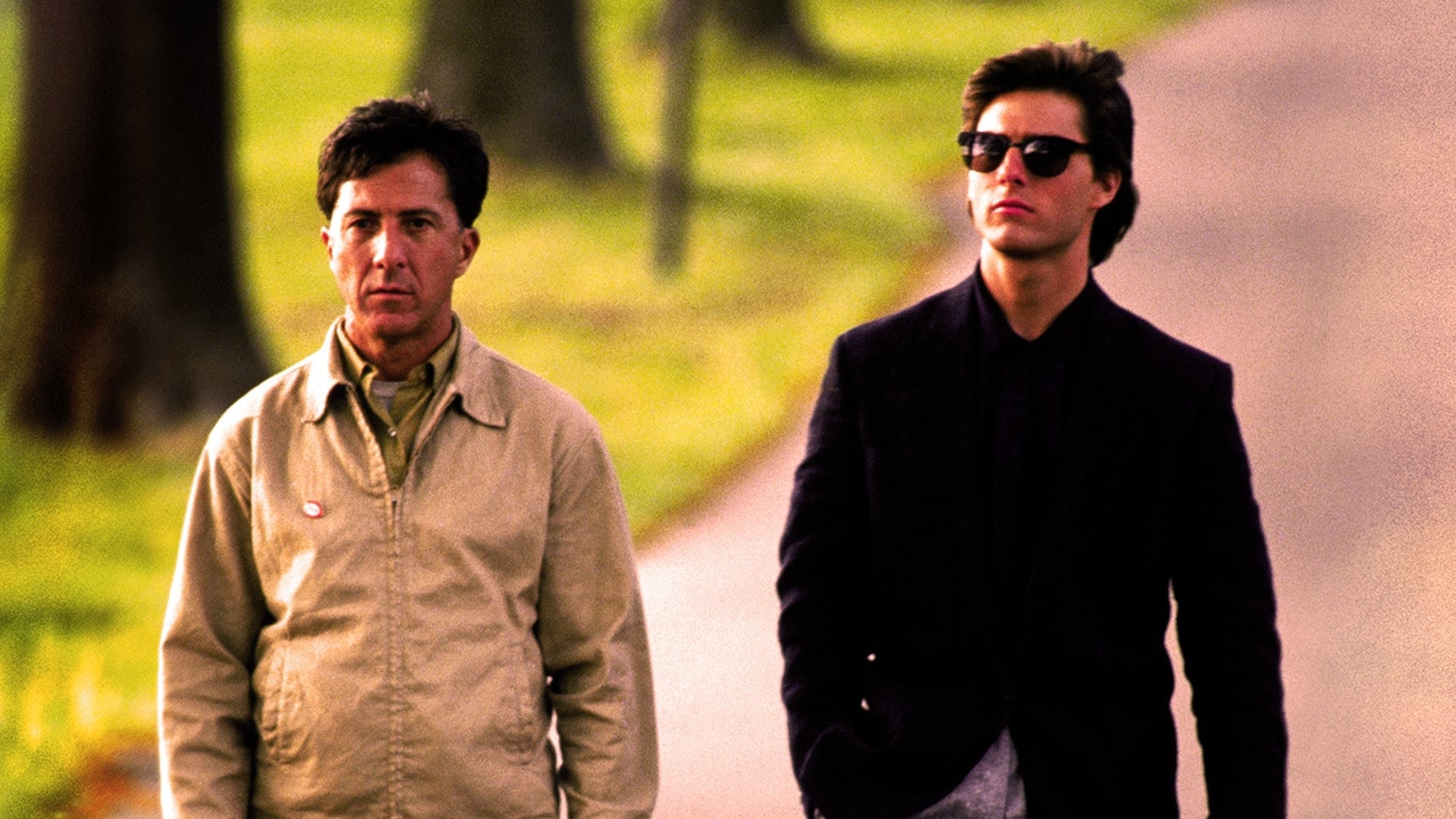

Rain Man features a pair of brothers, Raymond (Dustin Hoffman) and Charlie Babbitt (Tom Cruise). Charlie is a cocky and self-centered collectables dealer who is constantly making deals he can’t commit to. Raymond has savant syndrome and autism and for most of his life has lived in an institution. Before their father died, leaving most of the estate to Raymond, Charlie had no knowledge of Raymond’s existence. To collect his meager inheritance, Charlie rushes to Cincinnati, where Raymond is living. Upon meeting his older brother, Charlie decides to travel to LA to gain custody of him to control their father’s money. However, Raymond refuses to fly there and the two decide to drive. During the cross country trip, Charlie begins to learn more about the brother he can’t remember and the two develop a closer relationship.
Rain Man is a more classic movie and proves itself to be both lighthearted and entertaining. While most of the character arc is reserved for Charlie, the audience is still able to see how special the bond between them becomes. Rain Man addresses both disability culture through Raymond’s struggle to advocate for himself and the importance of care givers and the relationships they can forge.
6. Children of a Lesser God 1986
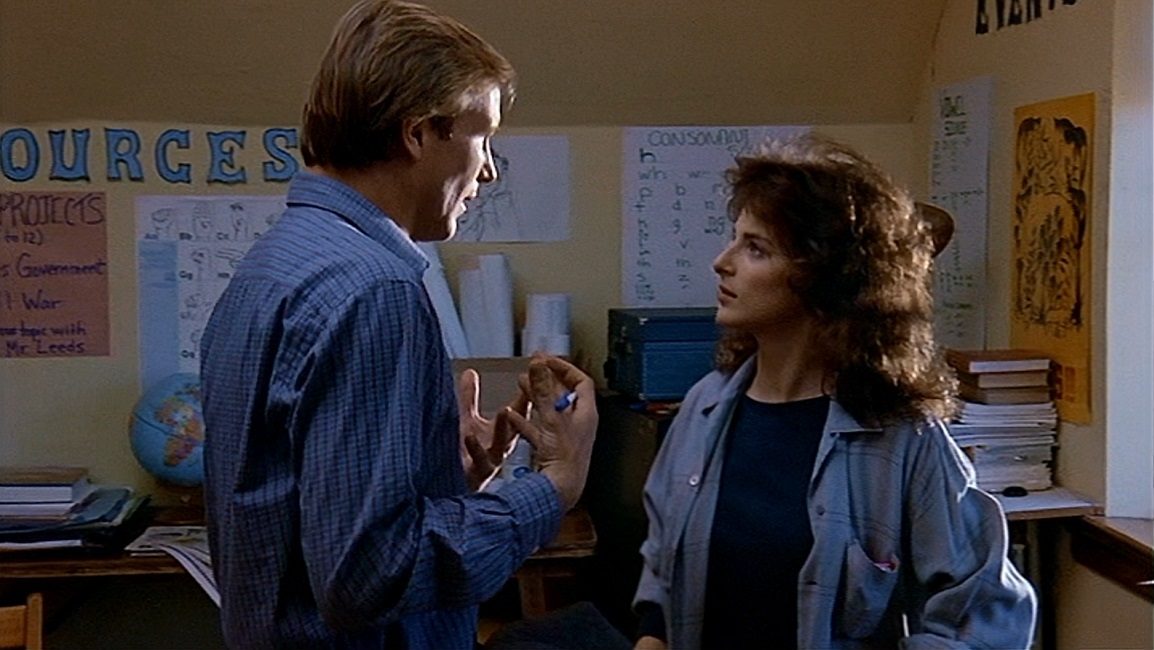

Children of a Lesser God follows two employees at a school for the deaf: a deaf and decidedly mute janitor, Sarah Norman (Marlee Matlin), and a new hearing speech teacher, James Leeds (William Hurt). When James first sees Sarah, he’s intrigued by her. While she rejects his advances several times, she eventually agrees to join him for a dinner. Slowly, James begins to learn more about Sarah, like the fact that she chooses not to speak, something James says he will try to respect and not force her to change. Also, he finds that she might have been the victim of something darker, causing her to greatly mistrust men. Through the course of the film, James tries to gain Sarah’s attention and interest, but Sarah’s strong personal desire for independence and self determination keeps their budding relationship precarious.
A film that actively glimpses at the culture of disability, the complex ideologies that make it up, and the concept of agency in the community, Children of a Lesser God is an important watch. Marlee Matlin’s film debut blew critics away as she delivered authentic representation and her character’s general attitude and character arc reveal some important issues that show themselves in the disabled community.
5. Margarita with a straw 2014
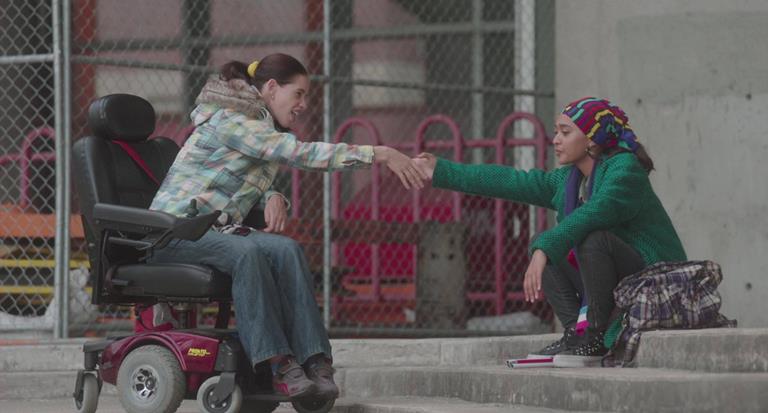

Margarita with a straw is an Indian coming of age film featuring aspiring author and songwriter, Laila Kapoor (Kalki Koechlin), an undergraduate student with cerebral palsy at Delhi University. After having her advances rejected by the singer of a band she wrote music for, she is offered a fresh start in the form of a scholarship to study abroad at New York University. In New York, she meets Khanum (Sayani Gupta), a Pakistani-Bangladeshan blind girl and sparks fly between the two of them as romance blossoms. The two girls become each others’ caretakers and spend almost all their time together. However, after she begins to have feelings for a boy in her class, Laila becomes confused trying to work out her own sexuality and feelings towards this new boy while being in a serious relationship with Khanum.
Margarita with a straw explores themes of self-love and acceptance in terms of sexuality as well as personal ability. While the director, Shonali Bose, initially intended to cast actresses with the same disabilities as Laila and Khanum, she was unable to find an actress with cerebral palsy in India and her selection for Khanum turned down the role. However, each were assisted by people who are blind and have cerebral palsy and both Kalki Koechlin and Sayani Gupta were praised for their performances.
4. Wonder 2017


As one of the most well-known films on this list, Wonder is based on R. J. Palacio’s 2010 novel of the same name. It follows 10-year-old August (Auggie) Pullman (Jacob Tremblay) who was born with Treacher Collins syndrome. After spending most of his life homeschooled, Auggie’s parents enrolled him in a private middle school where he experiences all the ins and outs of standing out in a new school. He navigates bullies and complicated friendships, but still comes out on top with a loving social circle and an unconditionally supportive family.
One of the most beautiful things about Wonder is the amount of love it portrays. A major critique of many films featuring minority protagonists of any kind is how dramatic and tragic they can be. Wonder gives Auggie the chance to be loved and be happy on screen, just the sort of representation that is often missed out on in films featuring characters with disabilities.
3. The Theory of Everything 2014
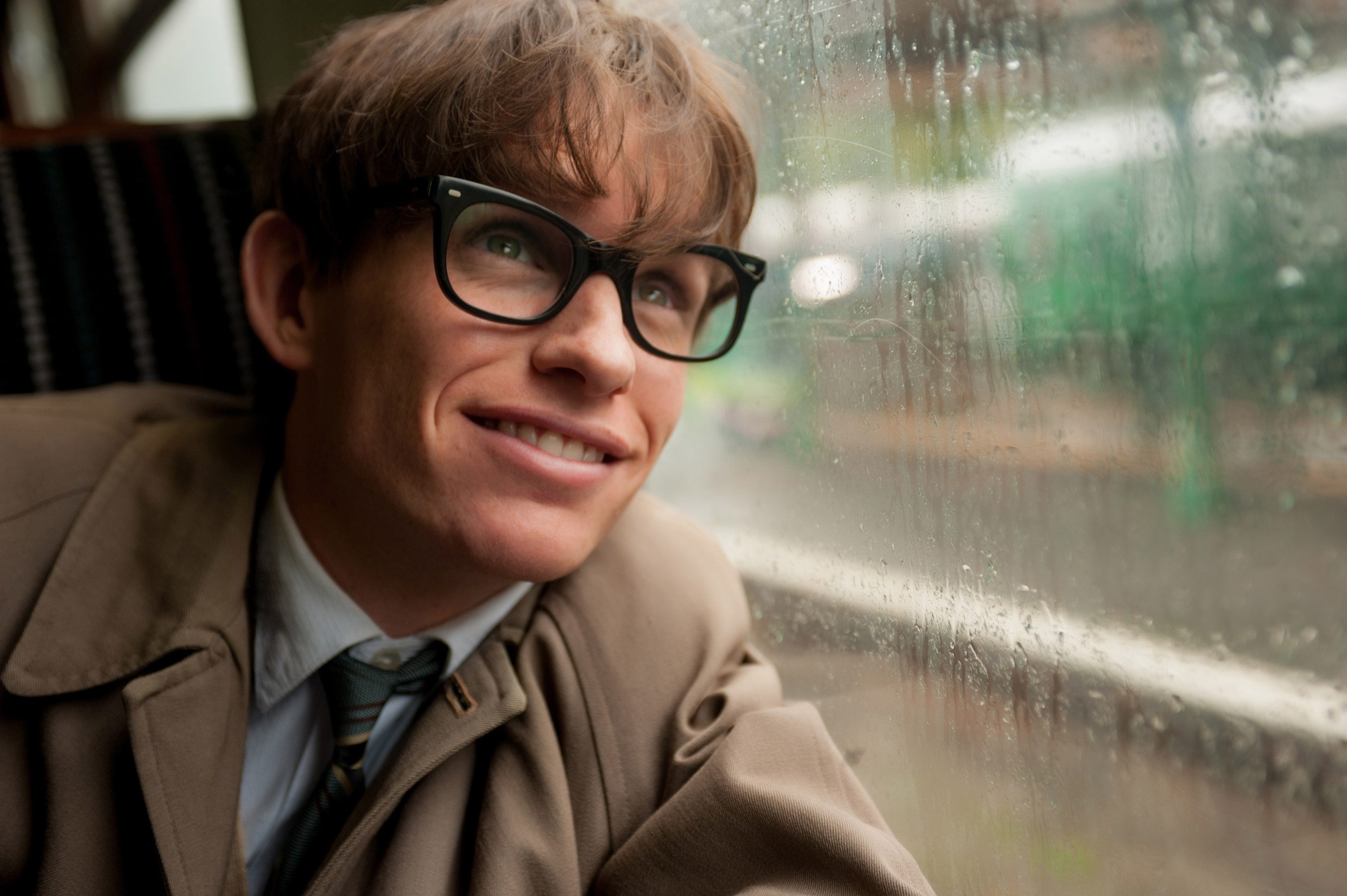

Another mainstream film, The Theory of Everything, is based on Jane Hawking’s 2007 memoir, Travelling to Infinity: My Life with Stephen which follows the life and accomplishments of her ex-husband, the world-renowned theoretical physicist, Stephen Hawking. While he’s a student at the University of Cambridge, Hawking (Eddie Redmayne) begins on his thesis regarding black holes. However, his muscles begin to fail, and he is later diagnosed with amyotrophic lateral sclerosis or ALS. The doctors tell him he has two years left to live as his body shuts down, leaving his brain intact. He continues his work, gets married, and starts a family. As his condition continues to slowly worsen, the film shows him working on the other important scientific discoveries Hawking is credited for as his fame rises.
From Eddie Redmayne’s phenomenal performance to the weaving of Hawking’s scientific discoveries with his personal life to create a powerful narrative, The Theory of Everything is definitely worth a watch for more reasons than one. Even after his death in 2018, Stephen Hawking remains one of the most influential figures in scientific discovery and his story holds particular weight in the hearts of many.
2. The Peanut Butter Falcon 2019
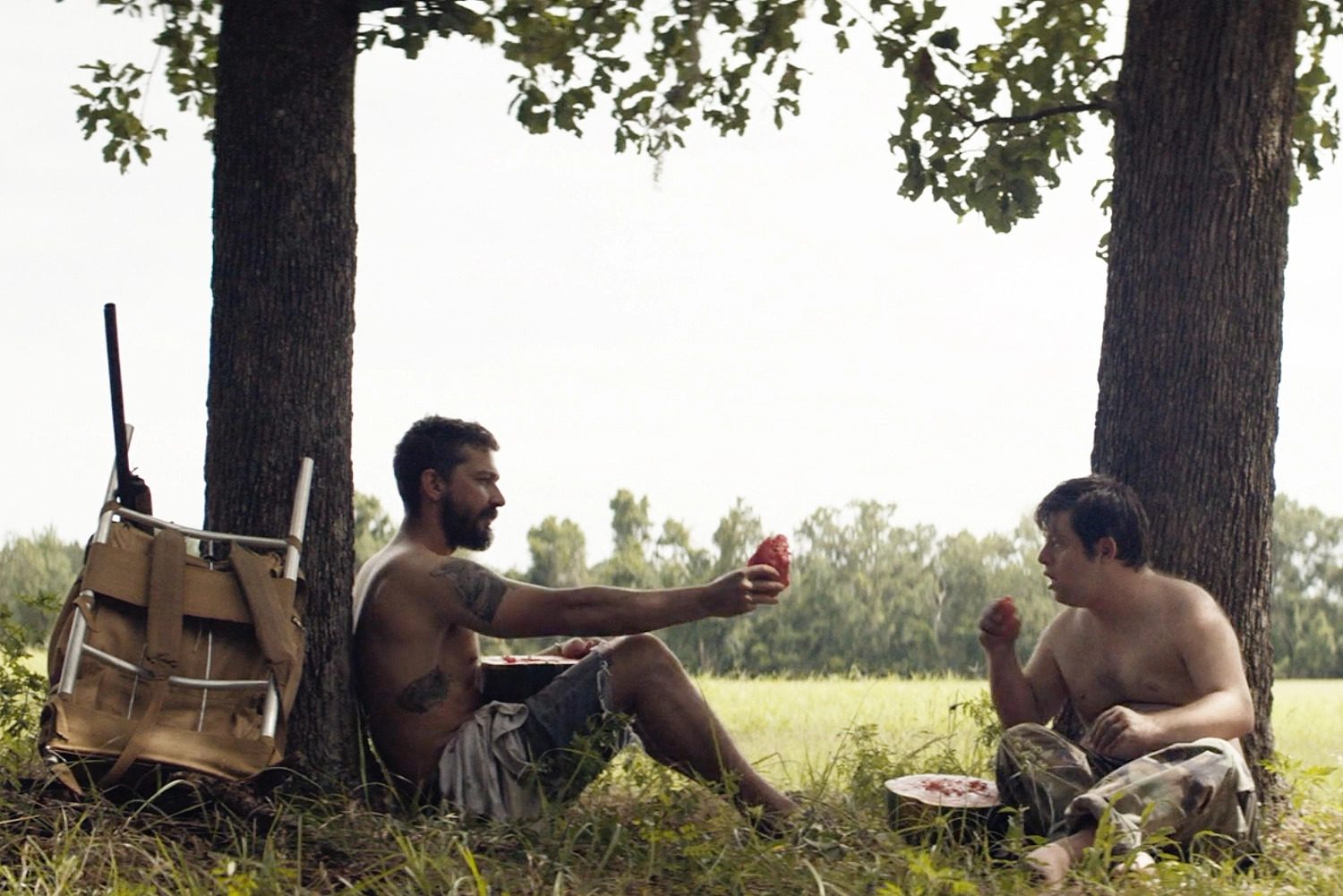

A fun and heart-filled “dramedy,” The Peanut Butter Falcon follows Zak (Zack Gottsagen), a young man with Down syndrome whose dream is to become a wrestler like his idol, the Salt Water Redneck. With the help of his roommate, Zak escapes from the state-run care facility where he lives to journey to the Salt Water Redneck’s wrestling school. Near the beginning of his journey, Zak meets Tyler (Shia LaBeouf) who is a recently fired fisherman. The two continue together to track down Salt Water Redneck in North Carolina while Zak’s caretaker, Eleanor (Dakota Johnson), is sent off to track down Zak. Zak and Tyler begin a close friendship and Tyler teaches Zak lifeskills and becomes Zak’s trainer to prepare him for his wrestling career.
This sweet, found family film is a retelling of the classic Huckleberry Finn tale and the cast’s enthusiasm to provide is evident in every scene. This coupled with Zack Gottsagen’s authentic depiction of Down Syndrome, the film provides some much needed representation.
1. The way he looks/Hoje Eu Quero Voltar Sozinho 2014
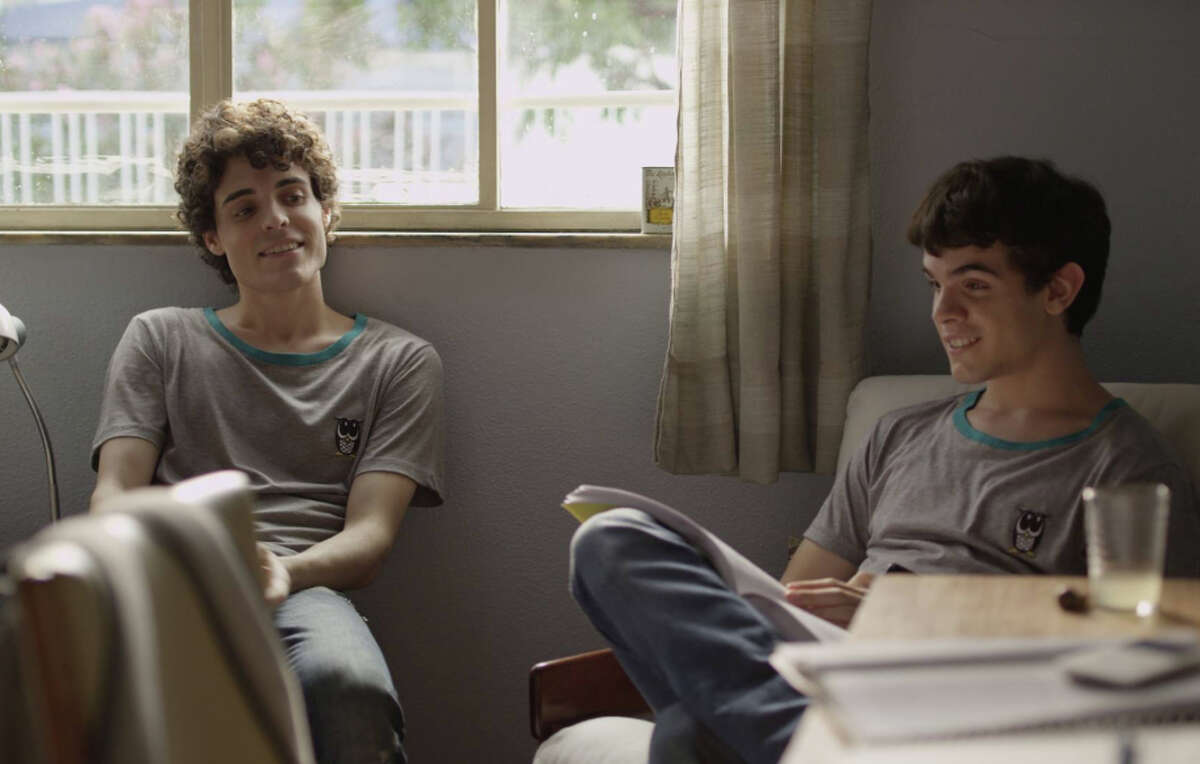

The way he looks or Hoje Eu Quero Voltar Sozinho, which literally translates to ‘Today I Want to Go Back Alone,’ is a Brazilian coming of age film about three high schoolers. Leonardo (Ghilherme Lobo) is totally blind and struggles socially with bullies and a lack of independence that has been limited by his overprotective parents. Despite this, Leo is almost always with his best friend, Giovana (Tess Amorim), who typically walks Leo home after school despite her house being in the other direction. One day, Leo and Giovana’s class welcomes a new student, Gabriel (Fabio Audi), who comes in to sit behind Leo. As the film goes on, Leo and Gabriel become closer as they are assigned to work on a project together and slowly a spark of romance appears between the two boys. At first, Giovana is jealous and feels as though Gabriel is replacing her in Leo’s life as Gabriel begins to join them for their walks back to Leo’s house. The three teens experience all the ups and downs of high school life while simultaneously figuring out their own places in the world and in each others’ lives.
The Way He Looks is a fresh and entertaining indie film that shows all the complications of teenage life. While many films featuring protagonists with a disability deal with bullying to varying degrees, The Way He Looks gives Leo a loving support group while still experiencing all that it means to be a teenager: the struggle for independence, budding romantic interests, and growing to love yourself.
